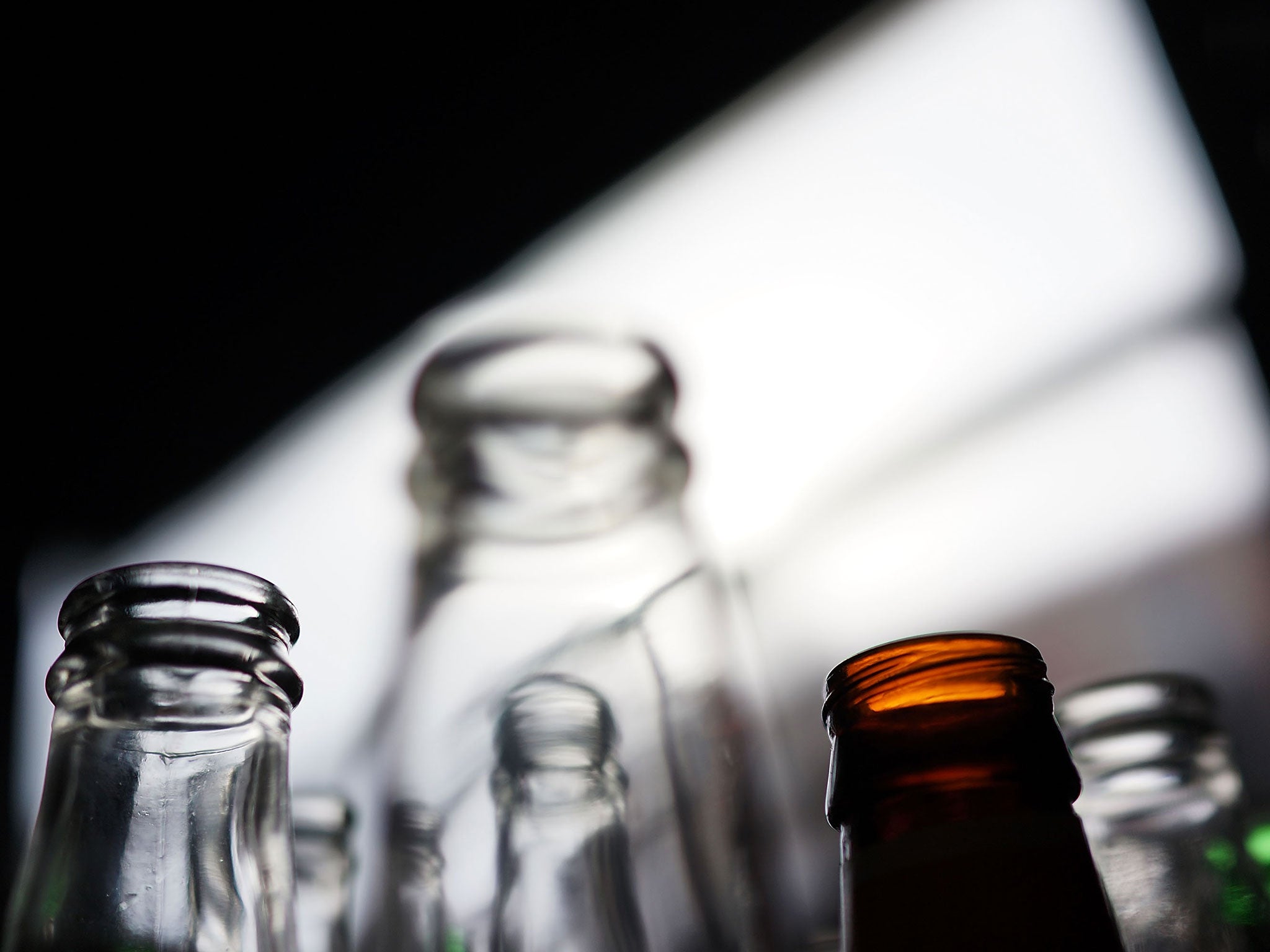Treating addiction as a disease is wrong and harmful, says leading neuroscientist
Dr Marc Lewis was addicted to opiates in his twenties

The idea that addiction is a disease is wrong and damaging, a leading neuroscientist has said.
Addiction is defined as losing control over your behaviour and taking or using something to the point where it is debilitating and harmful, according to the NHS.
Common addictions include gambling, drugs, alcohol and nicotine, but the condition is broad and can include behaviours such as excessive working, as well as the use of the internet, solvents and shopping.
An estimated 2 million people in the UK are dealing with an addiction.
Marc Lewis, a neuroscientist and professor of developmental psychology at Radboud University in the Netherlands told The Huffington Post that addiction should not be approached as a chronic brain disease.
The author of Memoirs of an Addicted Brain and The Biology of Desire, Dr Lewis became addicted to opiates when he was an undergraduate at the University of California, Berkeley.
He faced “serious personal and legal troubles resulting from his addiction,” his website explains.
“I know what scientists are looking at when they say addiction is a disease. I don't dispute the findings, but I dispute the interpretation of them,” he told The Huffington Post.
He went on to argue that addiction is a “developmental process” and that while the brain changes, addiction is not “chronic” because people “continue to change when they recover.”
Dr Lewis said that the label also makes recovery more difficult because it means that patients can be exploited by expensive programmes with low success rates, and ultimately dehumanises addicts.
“I don't think it feels good when someone tells you that you have a chronic disease that makes you do bad things,” he said.
His comments come as the attitudes towards drug use have shifted globally, with cannabis recently being legalised in certain US states and Uraguay, and with Ireland recently taking steps to decriminalise substances including heroin, cocaine and cannabis.
Aodhán Ó Ríordáin, the chief of Ireland’s National Drugs Strategy, recently told a lecture at the London School of Economics that drug users will be able to use in specially designated rooms in the capital Dublin from 2016.
Stressing the difference between legalisation and decriminalisation, he said that addicts are not helped by being shamed.
Under the plans it would remain a crime to profit from the sale of illegal drugs, but drug takers would not be criminalised for their addictions.
Join our commenting forum
Join thought-provoking conversations, follow other Independent readers and see their replies
Comments
Bookmark popover
Removed from bookmarks